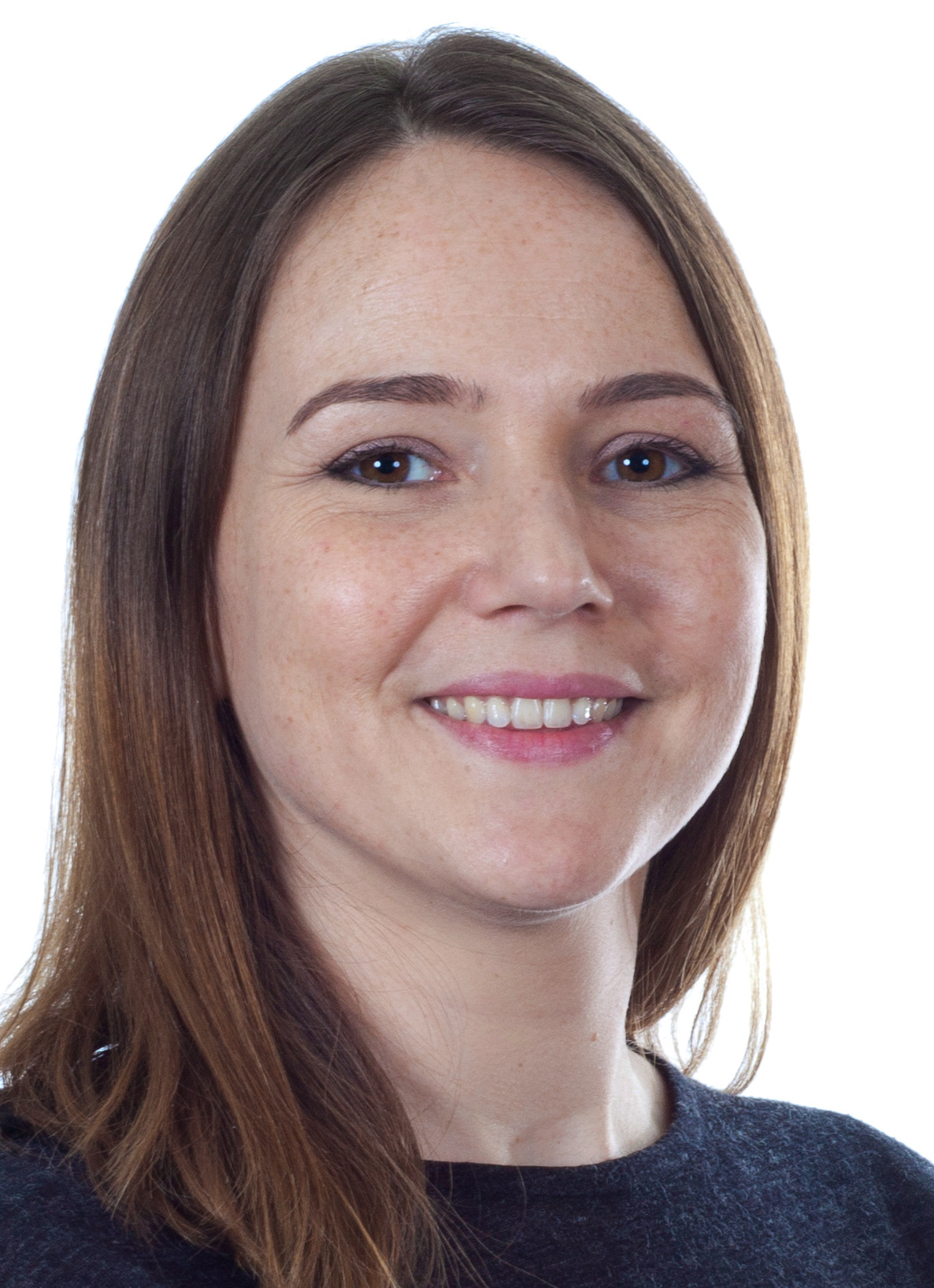Rowena Bailey: Senior Research Officer, HDR UK Swansea University
Rowena's work is helping identify social and environmental determinants of ill health to informs decision makers and support policy decisions. Here she tells us more about her career and the positive effect of being in an environment where there are a number of senior female figures.
Tell us a little about yourself and your background
 I graduated with a BSc in Mathematics and an MSc in Operational Research and Applied Statistics from Cardiff University and since then have worked within the public sector, including local government and public health before joining Swansea University as a research officer.
I graduated with a BSc in Mathematics and an MSc in Operational Research and Applied Statistics from Cardiff University and since then have worked within the public sector, including local government and public health before joining Swansea University as a research officer.
Tell us about your current role.
In my current role I apply data science techniques using routinely collected administrative records to analyse patterns and trends in population health and healthcare service use. The analysis is used to identify social and environmental determinants of ill health which informs decision makers and provides evidence to evaluate and support policy.
What led you to enter health data science?
I always enjoyed maths as a young learner and so choosing to study Mathematics at university was an easy decision, even though at that time I still had only vague understanding of what mathematicians actually did or where they worked. I also knew I wanted to do something that would help people and be of benefit to society. But I didn’t know how being a mathematician would enable me to do that. It was much later on in my education that I became inspired by mathematical applications in healthcare.
What have been some of your proudest achievements?
One of the most rewarding aspects of my work is the activities I’ve been involved with as a STEM ambassador which has included events designed specifically for girls to learn more about maths and coding, the most memorable being a series of workshops using robotic Leggo. Engaging with the next generation of data scientists is exciting, fulfilling and fun for myself and hopefully helps to inspire more young women to consider a career in the field of health data science.
Have you encountered – or do you anticipate – particular challenges from being a woman in your field?
One of the biggest challenges in my field is maintaining technical skills and continuing to develop methodological expertise. This challenge isn’t necessarily specific to women, in the information age we are all too often burdened by the volume of emails and meetings. Protecting time for research is therefore vitally important for anyone who wishes to advance in this field.
However, I do encounter many more female researchers who have lost confidence in their technical abilities, sometimes following career breaks related to child rearing. It is not uncommon to hear women describe themselves as feeling less than, or inferior, compared to their male counterparts whose technical expertise is revered and well recognised, particularly when compared to so-called soft skills such as planning meetings, taking notes, and communication tasks which are not always equally distributed between men and women. There seems to be a lack of support and encouragement to help women maintain and refresh the very skills they worked hard to attain the first place, and which are often reported to be in short supply.
Have there been any positive examples of being encouraged or made welcome?
I have never been made to feel unwelcome in the workplace and I feel fortunate to work in an organisation where there is a visible balance between men and women. There are a number of female senior leaders in Population Data Science at Swansea University which is encouraging when considering the possible future opportunities for my career.
What’s the best piece of advice you have received and/or the one piece of advice would you give to other women entering your field?
The best piece of advice I have ever received comes from Reshma Saujani, founder of Girls Who Code who advocates to “Be Brave – Not Perfect” and this is something I would advise any other women entering this field. We need to learn bravery and be less concerned with perfection. Taking risks, feeling the fear that comes with being bold and speaking up, learning to fail fast and continuing with the pursuit of one’s ambition in the face of doubt will encourage much needed diversity of thought. Diversity that is not only needed to address any inequity in the workforce, but, more importantly, is absolutely vital for solving some of the most pressing and complex healthcare problems and challenges. The more varied perspectives we have focused on these issues the more likely we are to find solutions and achieve benefits for all.
